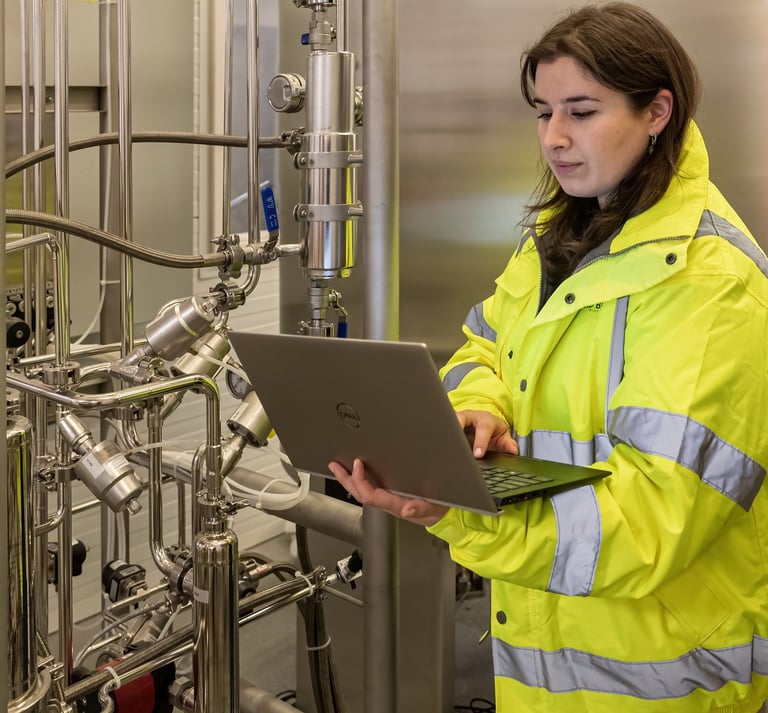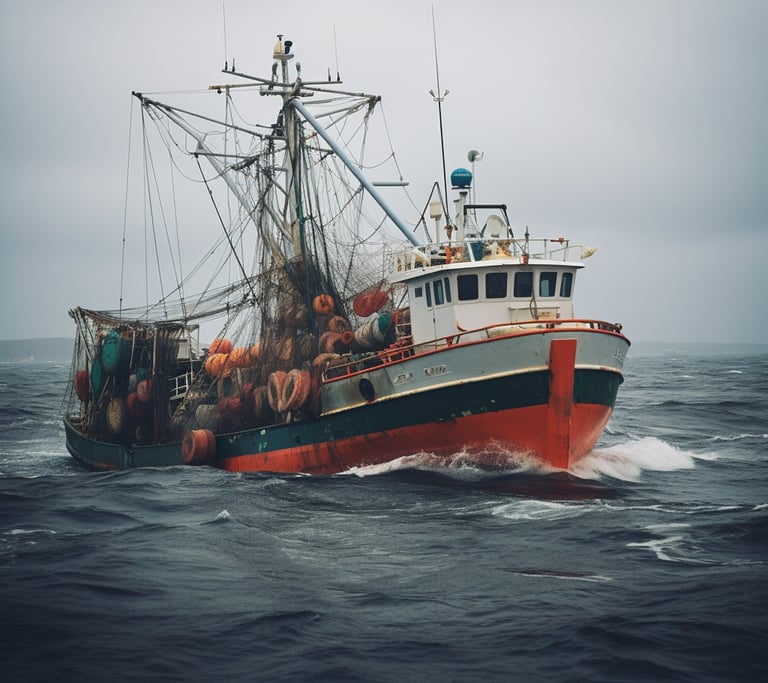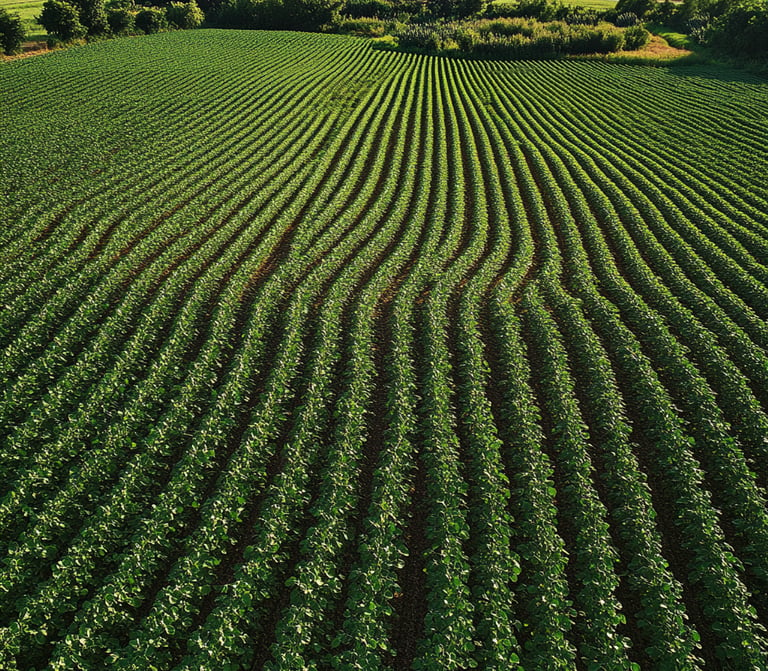
Aerbio's revolutionary fermentation technology
Fermentation is a natural process that humans have used for thousands of years to produce a variety of food. Cheese, wine and beer, chocolate, yogurt, kombucha and much more.
Traditionally, fermentation processes utilise sugar. Large scale sugar fermentations for biofuels and other fermented products have been associated with vast deforestation and unsustainable farming practices.
In Aerbio’s gas fermentation process, sugar is replaced as the feedstock for fermentation with clean CO2 and Hydrogen gases, to provide the carbon building block and energy source for protein production - essentially using carbon dioxide to create protein.
Aerbio can harness the power of green hydrogen, produced using renewable energy, to fuel the fermentation.


CO2
NO
sugar used
As feedstock
Microbes are fed with carbon dioxide, hydrogen and oxygen as core gas inputs.
Inside the bioreactor, microbes consume the gas and multiply, forming a protein-rich biomass.
The biomass is harvested, dried and milled into a shelf-stable >70% content protein called Proton™.
1
2
3
At Aerbio, we tap into natural processes evolved over billions of years to produce nutritional high-quality protein for animal and human applications.
The future doubling in global protein demand can’t be viably met by simply scaling conventional sources like soy and fishmeal.
Soy requires large amounts of arable land and water. Meanwhile, one Aerbio commercial-scale plant can produce the same protein as ~100,000 hectares of soybean fields with a fraction of the fresh-water requirement.
Fishmeal is a byproduct of the fishing industry and can’t be scaled to meet future needs. Our technology enables fishmeal-equivalent protein production without relying on ocean resources.
Our solution is a more sustainable alternative. It's cost-efficient, and scalable by its nature. We’re ready to meet the protein demand of the future.
Our sustainability contribution
Aquaculture plays a pivotal role in addressing the growing global demand for food. At the heart of this industry lies fishmeal – produced from millions of tons of wild-caught fish each year.
Proton™ presents an alternative to conventional fishmeal, being a high-quality protein produced entirely without harvesting a single marine species.


Proton™
No marine inputs
Stable pricing and availability
Stable supply with no exposure to weather events
Ability to scale in supply
Relieving the pressure on the oceans


While soy protein concentrate has long been a staple protein source in modern agriculture, it places significant pressure on arable land.
Meeting the future protein demand with increased soy production is not sustainable – soy production contributes to deforestation and to a substantial carbon footprint.
Proton™ offers a more sustainable choice in key environmental impact areas.
Proton™
Low freshwater requirement
Low land use
Low carbon intensity
A sustainable alternative to soy




